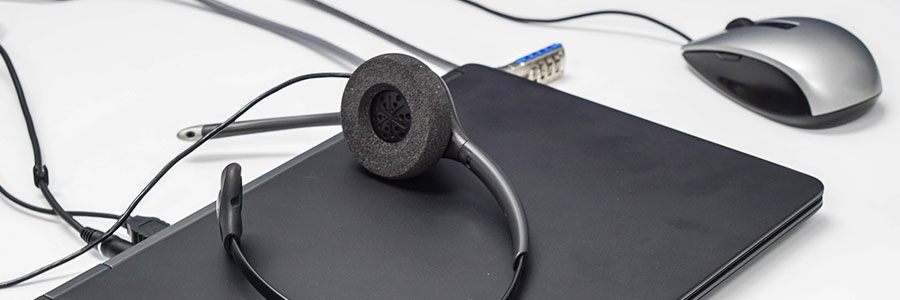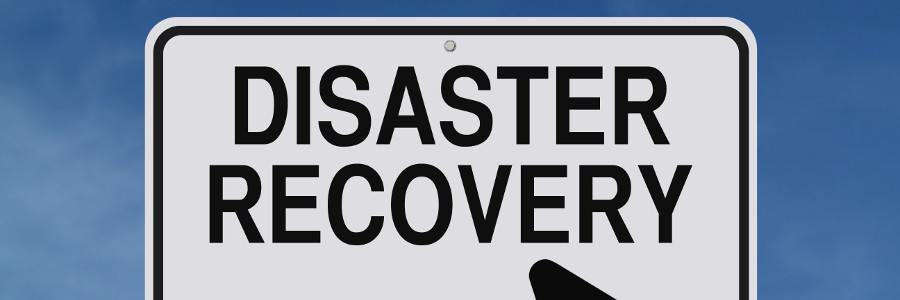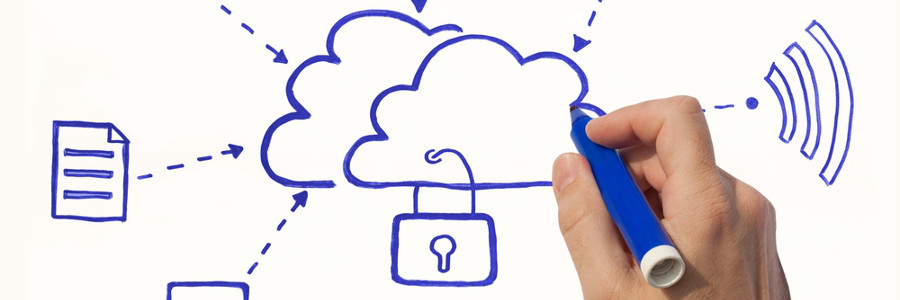Businesses seeking to integrate their various systems may be intrigued by a cloud solution. An increasingly popular cloud solution for small- and mid-sized businesses (SMBs) is the enterprise resource planning (ERP). Find out what a cloud-based ERP is, and how your business can benefit from it.
The benefits of a cloud-based ERP
Let Office 365 help you save the date
Is your business prepared for hurricanes?
Cloud security: Everything you need to know
Which VoIP service is best for you?

Is it better for your company's Voice over Internet Protocol (VoIP) system to be on-premise or cloud-based? What's the difference between a mobile VoIP client and a software-based application? What VoIP service is best for your business? The following compilation of VoIP options will help you answer these questions and choose the ideal service for your enterprise.
Groups, Yammer, and Teams: What are they?
Include VoIP phones in your recovery plan

Businesses that focus heavily on sales and customer service need a reliable, efficient, and effective telecommunications system. If their services break down even for just a day, the losses will be significant, which is why a well-crafted disaster recovery plan should include protecting the company’s Voice over Internet Protocol (VoIP) telephony system.
Disaster recovery myths you can dismiss

Technology changes so rapidly. With disaster recovery (DR), we see business owners clinging to ideas that no longer apply. What kind of DR myths are still widely accepted by the masses? Here are three that need to be retired immediately.
Tape backups are the best DR solution
Backup tapes are physical objects that deteriorate over time.
SharePoint or OneDrive: What’s best for SMBs?
Security tips for Office 365 migration

Making the decision to migrate from an on-site system to a cloud-based Office 365 is easy, but the migration process itself presents numerous security challenges. By covering these essentials, you’ll minimize security breaches and ensure you can enjoy the benefits of Office 365.
Identify your company’s sensitive data…
Most files housed within your servers contain sensitive commercial and personal data that must be properly identified and protected.






